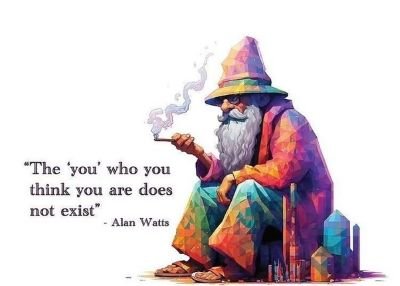Louanne Learning
Active Member
Member
New Member
Role Play Moderator
- A trust in the scientific method when it comes to understanding how the universe works, and rejection of the supernatural;
- Making ethical decisions based on reason, empathy, and a concern for human beings and other sentient animals;
- The belief that human beings are capable of being ethical and moral without religion and without imposing their beliefs on others.
Sounds very much like scientific pantheism
- Men are dissatisfied with their lives. "I'm bored" or "I'm miserable".
- Men compare their lives with those of others, and desire them. "I wish I had what my neighbour has" becomes "I'm miserable because I don't have what my neighbour has."
To be led by materialism and then negatively comparing yourself to others is surely a recipe for unhappiness
our disinclination to renounce our desire, leads to conflict and produces enemies.
Also, I think it relies on an ancient instinct to fear "the other" - rather than use your more enlightened rational side that with some critical thinking arrives to the conclusion that there is nothing to be afraid of. This probably involves empathy, too.
I hope you found some useful things here, and thank you for putting up with my long-winded ramble
Thank you so much for the thoughtful response!

